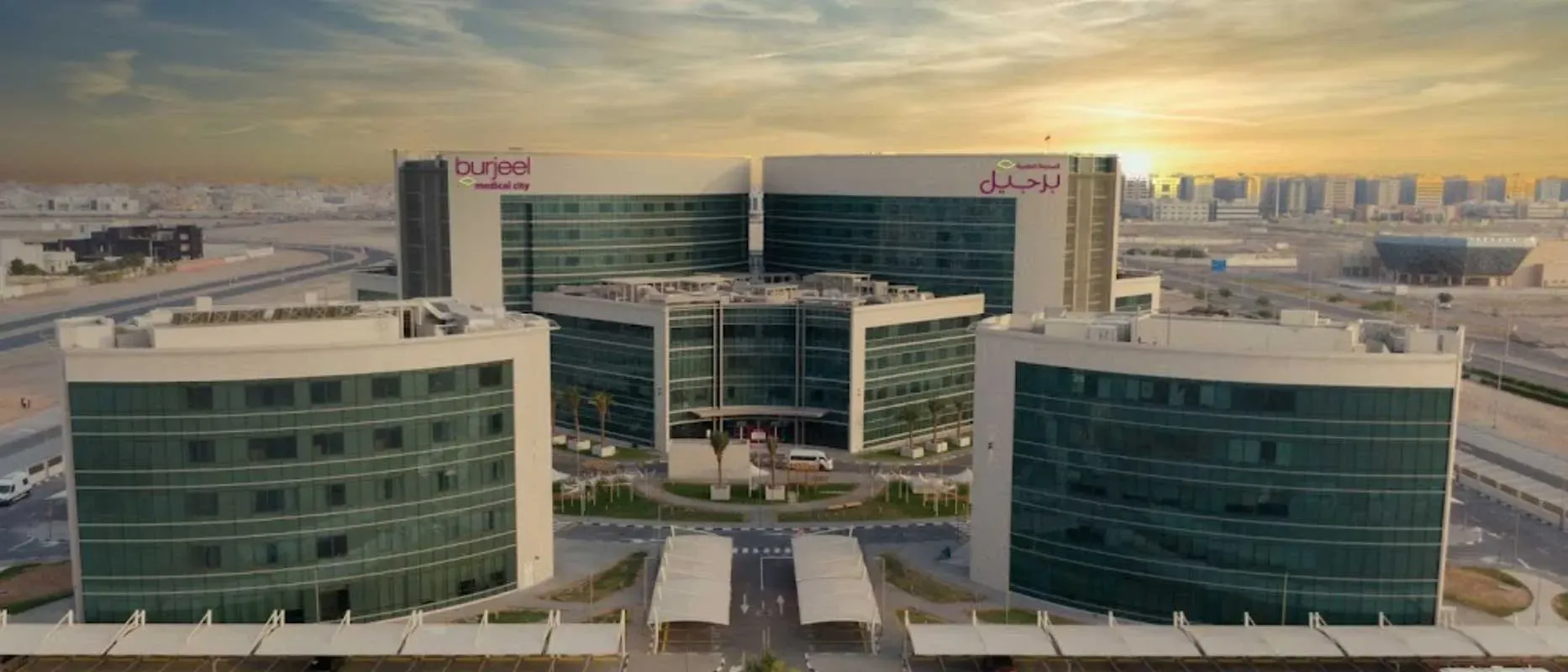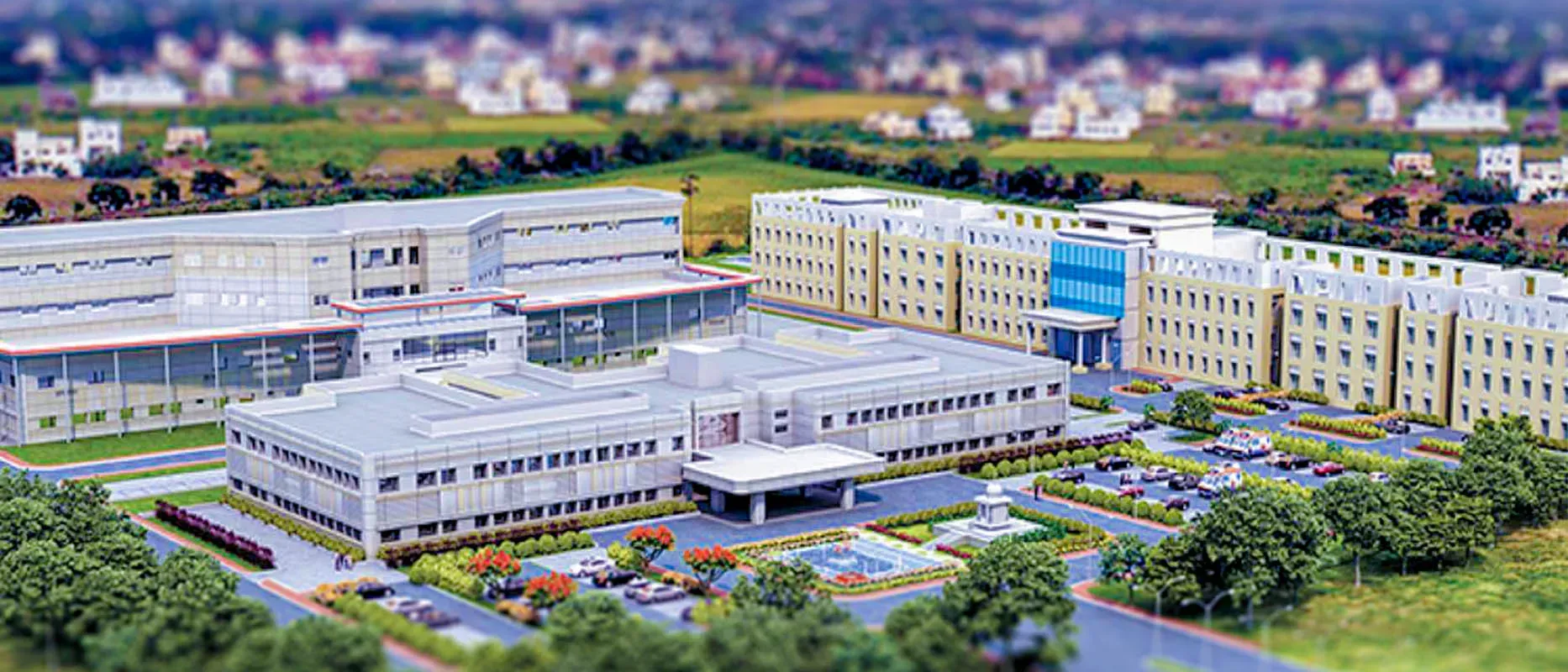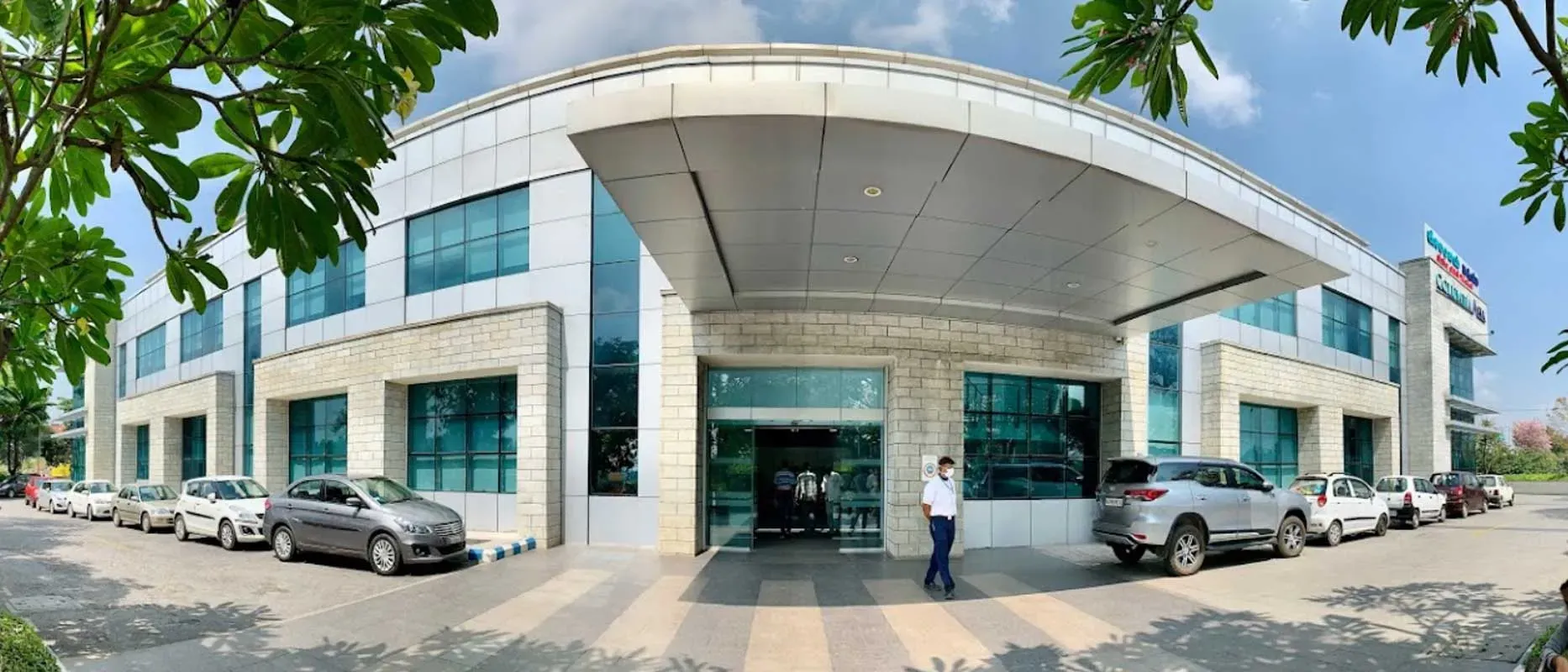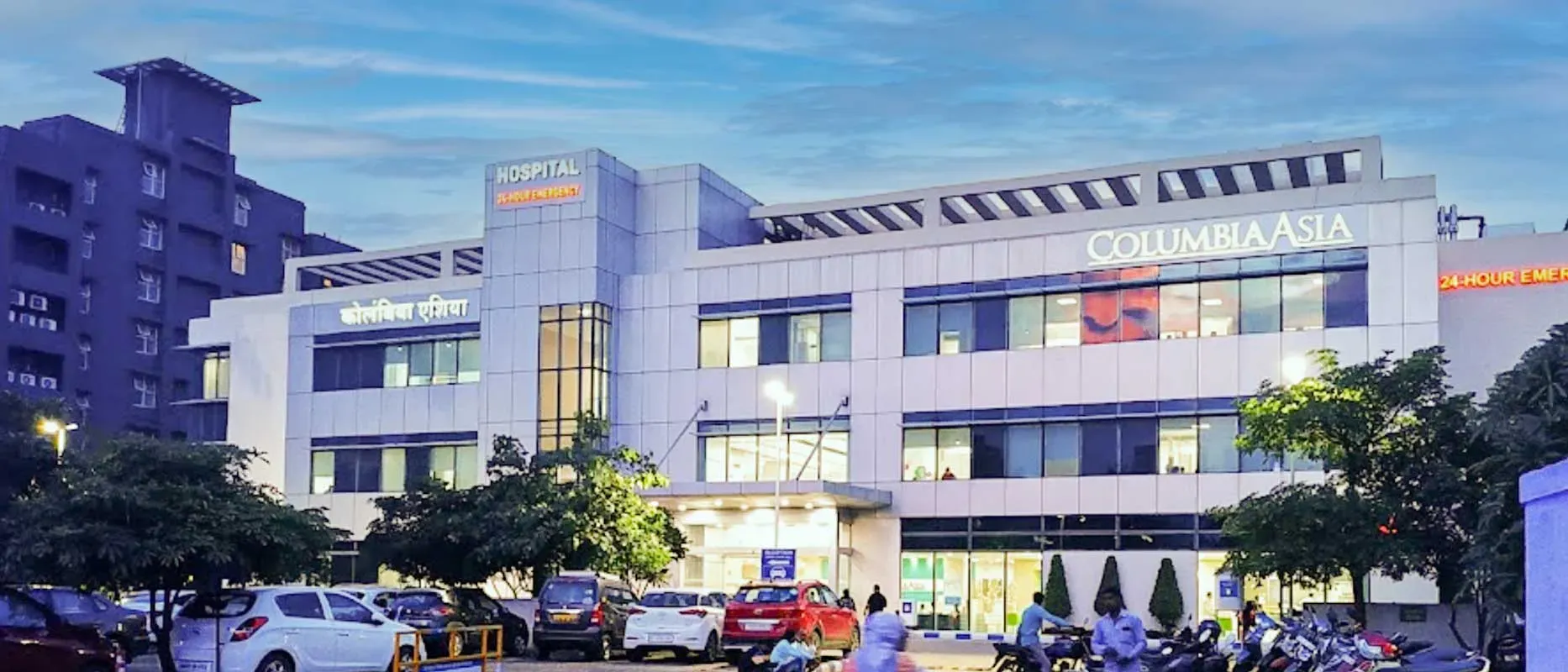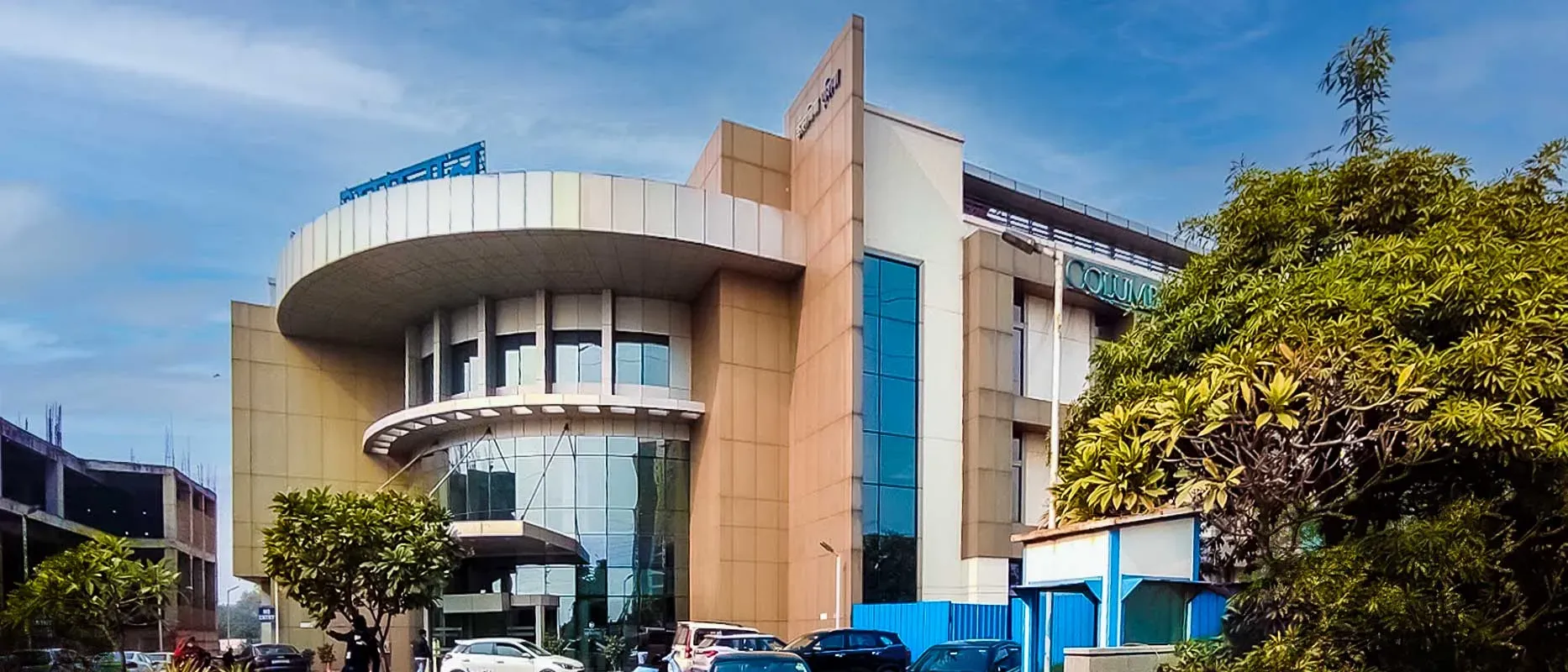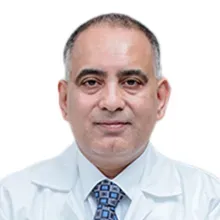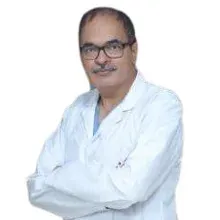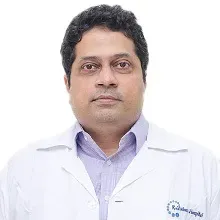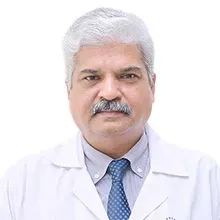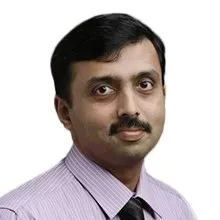Overview of Lung Cancer Treatment India
When an abnormal and uncontrolled cell grows and divides in the lungs, it develops into cancer, which affects its normal functioning of supplying oxygen to each body cell. It is widely present in men with high-risk factors like smoking, environmental pollution, and genetic factors. However, it can also occur in women. Smoking is the primary risk factor and is usually present in 85% of the diagnosed cases. Active smokers are at risk alongside passive smoke.
Lung cancer treatment cost in India range from Rs. 350,000 to Rs. 700,000. The healthcare system in India provides individualized treatment to each patient and offers 90% treatment success rates.
Types of Lung Cancer Treatment India
Various treatments for the lung cancer are as follows
- Surgery
- Chemotherapy
- Immunotherapy
- Radiation therapy
- Radiofrequency ablation technique
- Target therapy
Chemotherapy
Chemotherapy is a form of cancer treatment that includes drugs taken orally or through blood stream, that kills the cancer cells. Although chemotherapy is sometimes not suggested for serious cases.
The most common drugs for chemotherapy include
-
Cisplatin Carboplatin
-
Paclitaxel
-
Gemcitabine
-
Docetaxel
Immunotherapy
Immunotherapy is the use of drugs that kill cancer cells by using the body's defense mechanism. Some of the drugs used in this treatment are:
-
Nivolumab
-
Pembrolizumab
-
cemiplimab
Radiation therapy
High-energy x-rays are used in radiation treatment to kill cancer cells. Radiation therapy may be used, depending on the cancer stage and other issues. There are two main types:
Radiofrequency ablation technique
Some persons with tiny lung tumors that are close to the edge of the lungs may be suitable for radiofrequency ablation (RFA), especially if they are unable to undergo surgery. High-energy radio waves are used in RFA to heat the tumor. a small, needle-like probe is inserted through the skin, which moves to the tip of the tumor. Once the tip is in position, the probe is charged electrically, heating the tumor and killing cancer cells.
Targeted drug therapy
The cancer cells require the formation of new blood vessels for the growth of tumor. These drugs block those vessel formation and kill cancer cells. specific medications that stop the development of new blood vessels:
Surgery
Some surgical procedures used in the lung cancer treatment are:
-
Lobectomy: The entire lobe that contains the tumor(s) is removed during this surgery.
-
Segmentectomy: These procedures just remove a portion of a lobe.
-
Pneumonectomy: In this procedure, the entire lung is removed. it will be suitable If the tumor is close to the center of the chest.
-
sleeve resection: This procedure has been applied to treat some tumors in the lungs which have spread to the large airways.
Lung cancer treatment cost in India
The lung cancer treatment cost in India ranges from Rs. 350,000 to Rs. 700,000 However, the stage or severity of the condition and the treatment option will determine the amount of treatment costs in India. Cancer specialists often treat cancers with chemotherapy and radiation if they are found in the early stages. Depending on the body's adjustments to the treatment, the recommended number of chemotherapy and radiation treatments may change. Some of the treatment options and their cost are as follows
Surgery: INR 270,000 to INR 595,000
Chemotherapy(One Cycle) : INR 40,000 to INR 70,000
Immunotherapy: INR 70,000 to INR 200,000
Radiation therapy: INR 250,000 to INR 400,000
Radiofrequency ablation therapy: INR 280,000 to INR 500,000
Targeted drug therapy: INR 20,000 to INR 50,000 per session.
City-Wise Variations in Lung cancer treatment cost in India
The lung cancer treatment cost in India is different in various cities. The city-wise variations are as follows
Bangalore: INR 3,00,000 to INR 450,000
Delhi: INR 450,000 to INR 550,000
Mumbai: INR 500,000 to INR 600,000
Gurgaon: INR 350,000 to INR 400,000
Chennai: INR 150,000 to INR 300,000
Hyderabad: INR 100,000 to INR 250,000
Pune: INR 100,000 to INR 250,000
Cost comparison between India and various countries
The lung cancer treatment cost in India is much cheaper and affordable to many people across the globe. Even with such affordable costs, the Indian healthcare system does not compromise the quality of treatment. They use the individualized approach in providing treatments, and this is the reason for the high success rates of lung cancer treatment in India.
The comparison of lung treatment costs in India and various countries
|
countries
|
starting price in (USD)
|
|
India
|
4,180 USD
|
|
UK
|
5,200 USD
|
|
USA
|
6,000 USD
|
|
Thailand
|
13,000 USD
|
|
UAE
|
25,000 USD
|
Diagnosis of Lung Cancer Treatment India
The lung cancer treatment cost in India is not the same for all patients, and there is no one-size-fits-all principle to estimate the exact cost of lung cancer treatment before evaluation and counseling. However, some individual factors can affect the total cost for each patient. These factors may include
- Number of diagnostic tests performed before treatment
- Possible complications after treatment
- Experience and skills of oncologist performing surgery
- Availability of advanced medical equipment
- Type of the treatment
- Required number of sessions of chemotherapy
- Oncologists fee
- Response of each patient toward specific treatment
- Medications cost
- Number of tests performed to check the progress of treatment
- Length of hospital stay
Symptoms associated with lung cancer
-
cough without any obvious reason
-
pain while breathing and coughing
-
chest infections
-
chest pain/ shoulder pain
-
change in voice
-
wheeze sound in breathing
-
difficulty in swallowing
-
inflammation
-
abnormality in fingers appearance
-
weight loss
-
fatigue
-
breathlessness
-
fever
-
paleness
-
visible swelling
-
headache
-
pain in joints/bone
Smoking
Smoking is the major risk for lung cancer. In recent studies, it happens to cause about 80% of lung cancer deaths. Smokers have a much higher chance of getting lung cancer than those who do not smoke.
Passive smoking
Tobacco smoke from the environment, and inhaling the smoke from other peoples’ smoking can raise the risk of lung cancer. The third most common cause of lung cancer is passive smoke.
Occupational factors
Some cancer-causing substances found in particular occupations that may raise the chance of getting lung cancer. These substances are the major risk to lung cancer. These include:
-
radioactive minerals
-
uranium.
-
Arsenic,
-
Silica
-
vinyl chloride
-
coal products
-
mustard gas
-
chloromethyl ethers
-
Diesel
-
asbestos
Family history
A positive family history is the strong association to lung cancer. The person suffering from lung cancer can pass the disease to offspring and siblings.
Air pollution
It suggests that air pollution increases the chance of lung cancer. The risk is between 1% and 2%, which is far less than the risk caused by smoking. But still there is a positive correlation between them.
Diet
Some dietary products like beta-carotene increase the risk of lung cancer. Beta carotene supplements have shown a positive correlation to lung cancer. It is suggested that those who smoke shouldn't take beta-carotene supplements.
Diagnosis for lung cancer
chest x-ray is used as the first examination to look for any abnormal lung tissue. there may be the need of more testing if anything rare appears.
According to standard chest x-rays, a CT scan has a greater chance of detecting lung tumors. Also, it can find out if sputum has cancer cells. A sample of the mucus from your lungs is tested in a laboratory and detects the cancer cells.
It uses a syringe with a hollow, very thin needle for taking out cells and small tissue parts. In order to check for cancer in the lymph nodes and the lungs, a FNA biopsy may be performed.
It is the procedure in which the tumors in large airways of the lungs can be detected by using advanced technology.
After lung cancer is diagnosed, lung function tests (PFTs) are used to find out how well your lungs are functioning. This is important if surgery is more likely to treat the tumor.
Symptoms and Risk factors
In India, the success rate for early-stage lung cancer treatment is very high, with favorable recovery chances ranging between 80% and 90%. This is a promising statistic that reflects the effectiveness of the medical interventions and healthcare infrastructure available for managing lung cancer in India. However, individual factors like the stage of cancer, the response of the patient to treatment, and the general health of the patient can affect the success of treatment.
Best doctors for Lung cancer treatment in India
-
Dr. Nandkishore Kapadia
-
Dr. P V Naresh Kuma
-
Dr. T S Bala Shanmugam
-
Dr. Venkata Sampath V
-
Dr. Pravin Kahale
Best hospitals for Lung cancer treatment in India
-
Max Healthcare Saket Hospital
-
kokilaben Dhirubhai Ambani Hospital
-
Apollo Hospitals, Delhi
-
Apollo Hospital, Chennai
-
Gleneagles Global Hospital, Chennai
How it's Works
Guiding your Journey from Discovery to Treatment Planning and Beyond.
Discovery
Get a consultation to discover about your treatment
Pre-Treatment
Admission to the best hospital and all pre-treatment facilities
Post Treatment
Get post-treatment follow-up care with medicine fulfillment
Treatment Planning
Hassle-free treatment planning with package & cost estimations
in-treatment
world-class quality procedures and equipment for treatment












